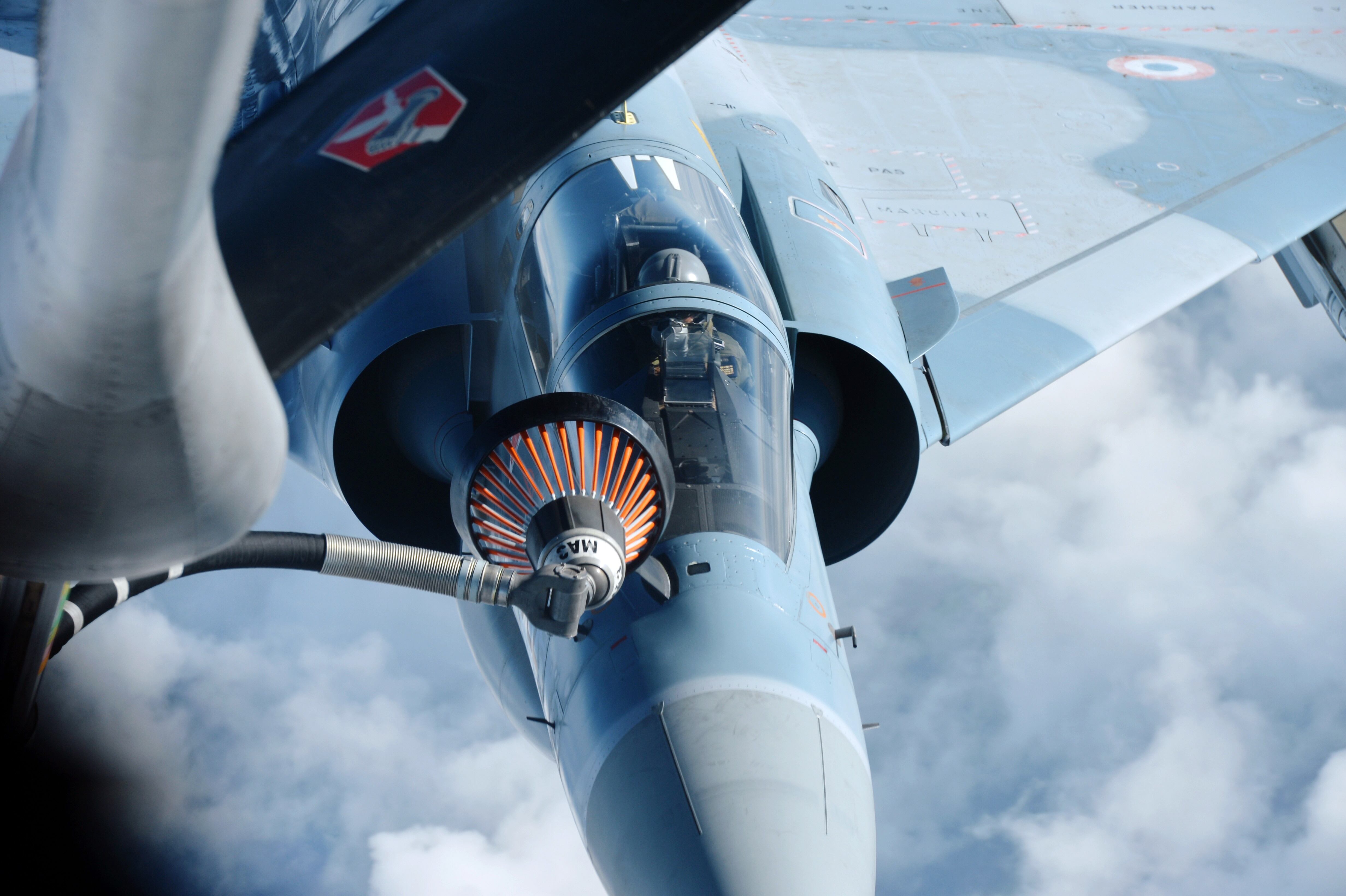PARIS ― Deep doubts loom over the French defense budget despite what appears as good news for future spending on the military, said François Cornut-Gentille, a member of Parliament in the lower house National Assembly.
“The defense budget looks positive, but in reality there is great uncertainty,” he told a defense journalists association on Dec. 13. Cornut-Gentille sits on the Finance Committee and specializes in the defense sector.
There is a €1.8 billion (U.S. $2.1 billion) increase in the 2018 defense budget, which creates a positive impression and helps offset the €850 million cut in this year’s spending announced in July.
But there is €700 million “frozen” in this year’s defense funds, and it is unclear whether the Armed Forces Ministry will persuade the Economy and Finance Ministry to “unfreeze” all or part of that, he said. Equipment orders cannot be placed as long as the funds are withheld.
“There is deep uncertainty,” he said.
There is uncertainty as the government is due to adopt a budgetary measure intended to cap public spending, he said. Article 14 in the finance law requires the government to complete payment on an existing program before launching a new program.
Some €100 billion of civil and military expenditure will come under scrutiny, with the latter accounting for half that total amount. There will be a focus on €37 billion earmarked for defense equipment.
The new financial control will lead to delays in launching programs and hit the plan to spend 2 percent of gross domestic product on defense by 2025, he said. The requirement will also cast doubt over implementation of the next multiyear military budget law, due to be presented next year.
That fiscal control will slow program launches when technology is changing fast and the speed of delivery is seen as a key factor. Under the present system, a program may be launched with an authorized commitment to pay, allowing a number of projects to be pursued. Actual payment is scheduled over a number of years.
Defense is the third-largest government expenditure after education and paying national debt.
There is also uncertainty over what lies at the heart of French defense policy, Cornut-Gentille said. For former President Charles de Gaulle, it was a nuclear deterrent that granted France a place at the top table.
“What do we want to do, what do we want to tell the world?” Cornut-Gentille said. His question goes beyond deployment in Africa and building a European defense policy, and calls for political clarity.
German lessons for France
“Germany knows better than we do,” he said. “For Germany, defense policy is an annex of its industrial policy. They have a policy of industrial strength, defense is part of that policy of strengthening industry.”
The uncertainty over policy could be seen in the lack of public debate over the French nuclear deterrent, which is treated as top secret, he said. Discussion is important as decisions are to be taken on next-generation weapons.
Financial constraints have pushed back decisions to the next administration on which type of nuclear weapons will be developed, he said. The previous plan was to decide around 2020 which systems to develop.
An annual estimated €2 billion-€4 billion is spent on nuclear deterrence, and that is expected to rise a further €2 billion to develop the next-generation system.
On leasing strategic airlift, France decided at the end of November to end a contract with Paris-based International Chartering Systems, the lawmaker noted. The four-year deal required an annual renewal. France will now rely on NATO’s Strategic Airlift Interim Solution, which also relies on Ukrainian An-124 and Russian Ilyushin Il-76 transports, which raises questions over security, he said.
RELATED

The role of legislators is to ask questions and hold governments to account, not to lobby for industry or the local base, he said.
The government has pledged to increase the annual defense budget by €1.7 billion after the initial boost in 2018, seeking to hit the NATO target by 2025.







